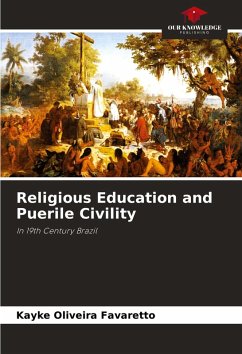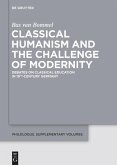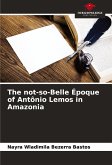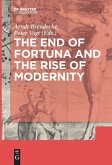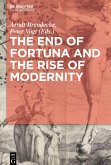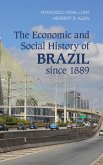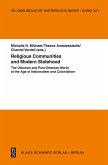The formation of Western man since the Middle Ages - with greater intensity - has been closely linked to the Christian religion. Its guide, the strict set of medieval rules, stated in a Manichean way what was or was not a sin. The emergence of modernity, as a consequence of the decadent medieval system and the consolidation of capitalism, was not just a change in the political-economic system, but also affected the structural model, which would now be occupied by a new class, the bourgeoisie. The ruptures in this transition caused the removal of guiding frameworks for behaviour, and were unusual problems for society. The aim of this research is to understand the dynamics in the 19th century of hybridisation with the Christian religious conception of sin, and its influence on the construction of morality in Brazil, essential for understanding the formation of modern man and the creation of his identity. The research, carried out through the analysis of childcare manuals, and the result of a bibliographical survey, will seek to verify the social influences, and which sense and intensity, fostered and ultimately crystallised the modern notion of sin and observance, right and wrong, moral and immoral.
Bitte wählen Sie Ihr Anliegen aus.
Rechnungen
Retourenschein anfordern
Bestellstatus
Storno

